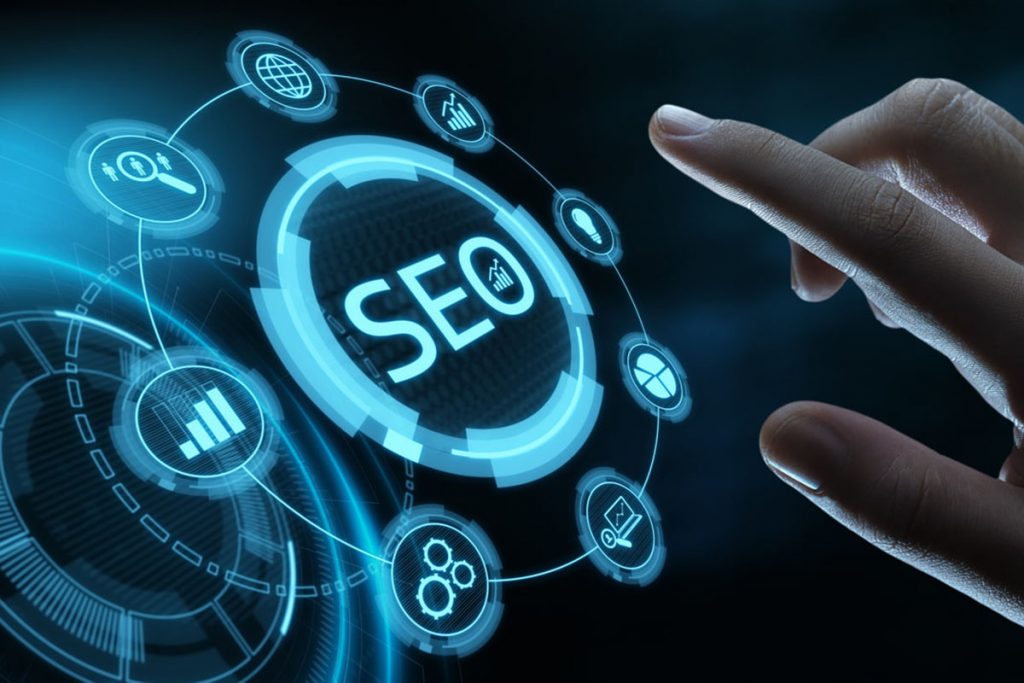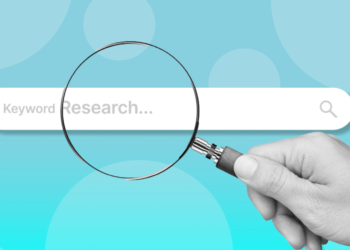The practise of improving your website’s content and search engine results pages (SERPs) for pertinent keywords and phrases is known as SEO, or search engine optimisation. You may improve traffic to your website and perhaps boost sales, leads, or conversions by increasing its search engine exposure.
The fundamental components of SEO include:
1. Finding the terms and phrases consumers use to search for your goods or services is known as keyword research.
2. On-page optimisation involves improving the content, meta descriptions, and overall structure of your website to make it more search engine friendly.
3. Off-page optimisation: Increasing your site’s reputation and trustworthiness by acquiring connections from other trustworthy websites.
4. Making sure your website is technically sound and simple for search engines to scan and index is known as technical SEO.
5. Producing relevant, high-quality material that targets particular keywords and benefits your audience is known as content production.
keyword analysis
The basis of SEO is keyword analysis. It entails figuring out the keywords and phrases that consumers use to look for goods or services associated with your company. You can better understand your target audience and what they are looking for by conducting this research, which is crucial. You may improve your website’s exposure on search engines and draw more organic visitors by focusing on the proper keywords.
Keyword research may be aided by a number of tools, including Google Keyword Planner, SEMrush, and Ahrefs. These tools provide you the ability to find relevant keywords that you may use as website target keywords, as well as the search volume and level of competition for certain keywords and phrases.
On-Page Optimization
On-page optimisation is the practise of improving certain web pages on your website to make them more appealing to search engines. This includes optimizing content, meta tags, URLs, internal linking, and more. On-page optimization is essential because it helps search engines to understand the content on your website and rank it appropriately.
Content Improvement
When it comes to SEO, content is king. For your website to receive organic traffic, it is crucial to provide high-quality, pertinent content. Additionally, it is essential for attracting and keeping website visitors. When writing content, it’s crucial to keep your goal keywords in mind and make sure they organically appear in the writing. Overusing or cramming keywords might have a detrimental effect on your rankings.
Tags in meta
HTML elements known as meta tags are used to describe online pages. For on-page optimisation, they are crucial since they make it easier for search engines to interpret the information on your website. The title, description, and header tags are among the most significant meta tags. The title tag should be no more than 60 characters long and contain the main term you are targeting. The core keyword and a concise summary of the page’s content should both be included in the description element. When applicable, the main keyword should be used in header tags that organise the material on the page.
URLs
Short, descriptive URLs that contain the main keyword are preferred. Additionally, they need to be simple for both users and search engines to read and comprehend.
Linking Within
Links pointing to other pages on your website are referred to as internal links. Internal links are crucial for on-page optimisation since they aid search engines in comprehending your website’s structure and the connections between its pages. They aid website users in navigating it and locating the information they need.
Link Creation
Getting connections from other websites to your website is referred to as link building. Links are crucial since search engine rankings heavily depend on them. A link to your website from another website is simply a recommendation for the information there. Your website will be viewed by search engines as more authoritative the more high-quality links you have.
Guest blogging, fixing broken links, and outreach are just a few link-building techniques. It is crucial to concentrate on obtaining trustworthy websites’ high-quality, pertinent connections.
Creation of Content
The production of content is essential to SEO. For your website to receive organic traffic, it is crucial to provide high-quality, pertinent content that focuses on particular keywords. Additionally, it is essential for attracting and keeping website visitors.
When writing content, it’s crucial to keep your goal keywords in mind and make sure they organically appear in the writing. Overusing or cramming keywords might have a detrimental effect on your rankings. Additionally, it ought to be well-written, interesting, and instructive.
Core Elements of SEO: On-Page SEO and Off-Page SEO
The process of boosting a website’s visibility and position on search engine results pages (SERPs) is known as SEO, or search engine optimisation. On-page SEO and off-page SEO are the two main components of SEO.
SEO on-page
On-page SEO is the process of improving a website’s aspects that are accessible to both users and search engines. This comprises:
material: A website’s material should be pertinent, excellent, and well-organized. It has to include pertinent words and phrases that flow easily into the text. The text should also be straightforward to read and comprehend, with appropriate layout and organisation.
HTML components that give visitors and search engines information about a webpage include title tags and meta descriptions. They ought to be distinctive, descriptive, and contain pertinent keywords.
Header tags are HTML components that show the hierarchy of a webpage’s content (H1, H2, H3, etc.). They ought to be utilised to organise the material and make it simpler for people and search engines to read.
URL construction: URLs have to be succinct, descriptive, and contain pertinent keywords. Additionally, they have to be simple for consumers to read and comprehend.
Linking to other pages within of a website is known as internal linking. By making the website easier to browse, this enhances user experience and helps disseminate link equity.
SEO off-page
Off-page SEO is the process of improving website components that are not under the website owner’s direct control. This comprises:
Link building is the process of obtaining links from other websites in order to increase a website’s authority and position in search engine results. Acquiring relevant, high-quality connections from reputable websites is crucial.
Social media: You may use social media to advertise a website and increase its authority and exposure. Sharing material, conversing with followers, and establishing a social media presence are all examples of this.
Online directories: Submitting a website to an online directory can increase its authority and visibility. It is crucial to pick directories that are pertinent to your website and to make sure that the information is true and consistent throughout all of them.















2 Comments